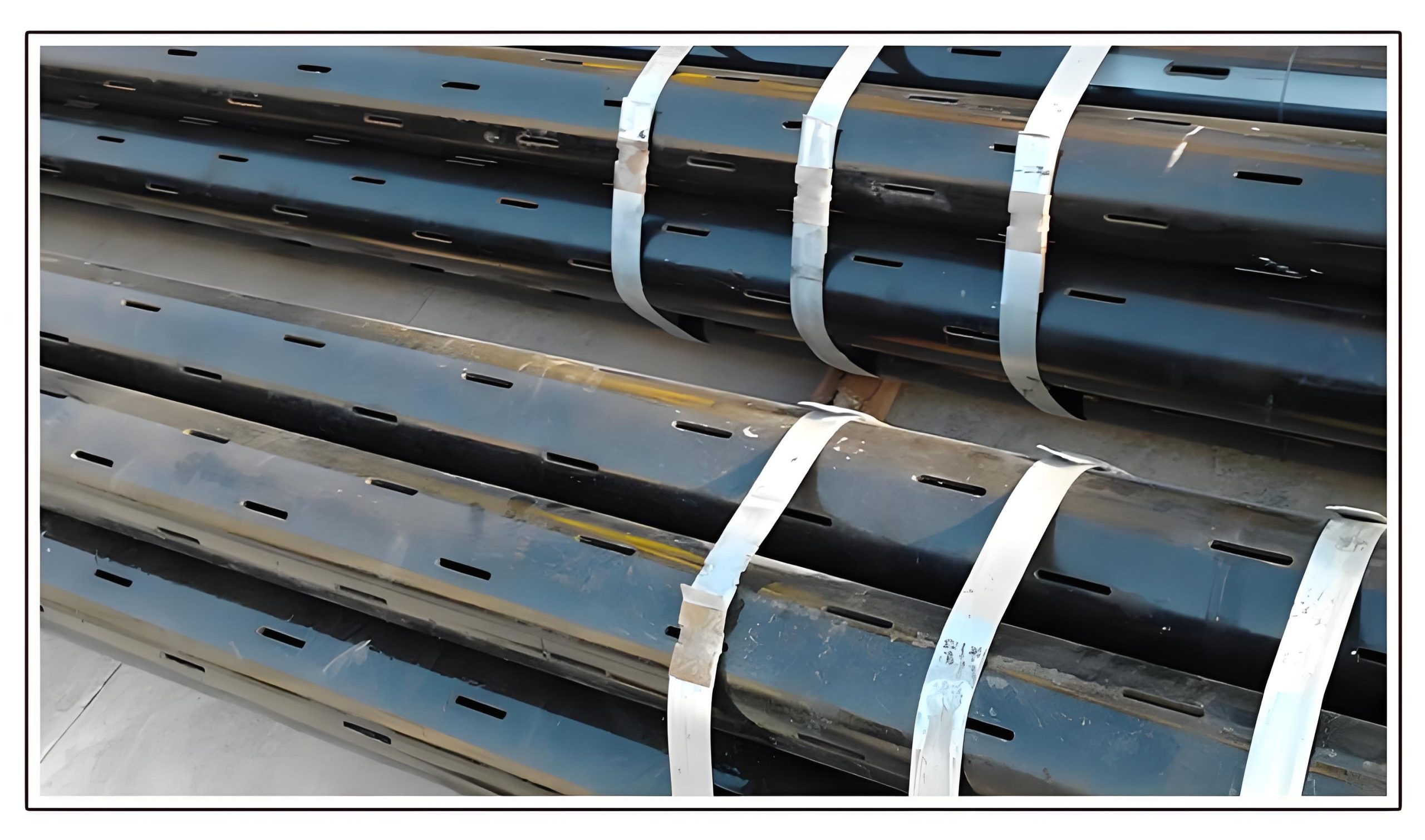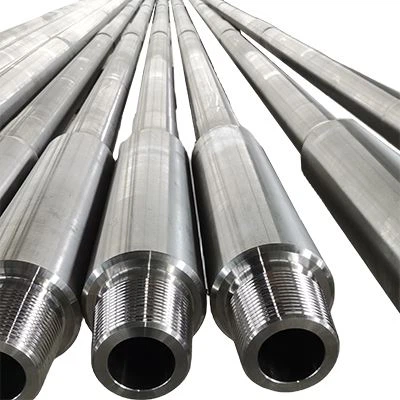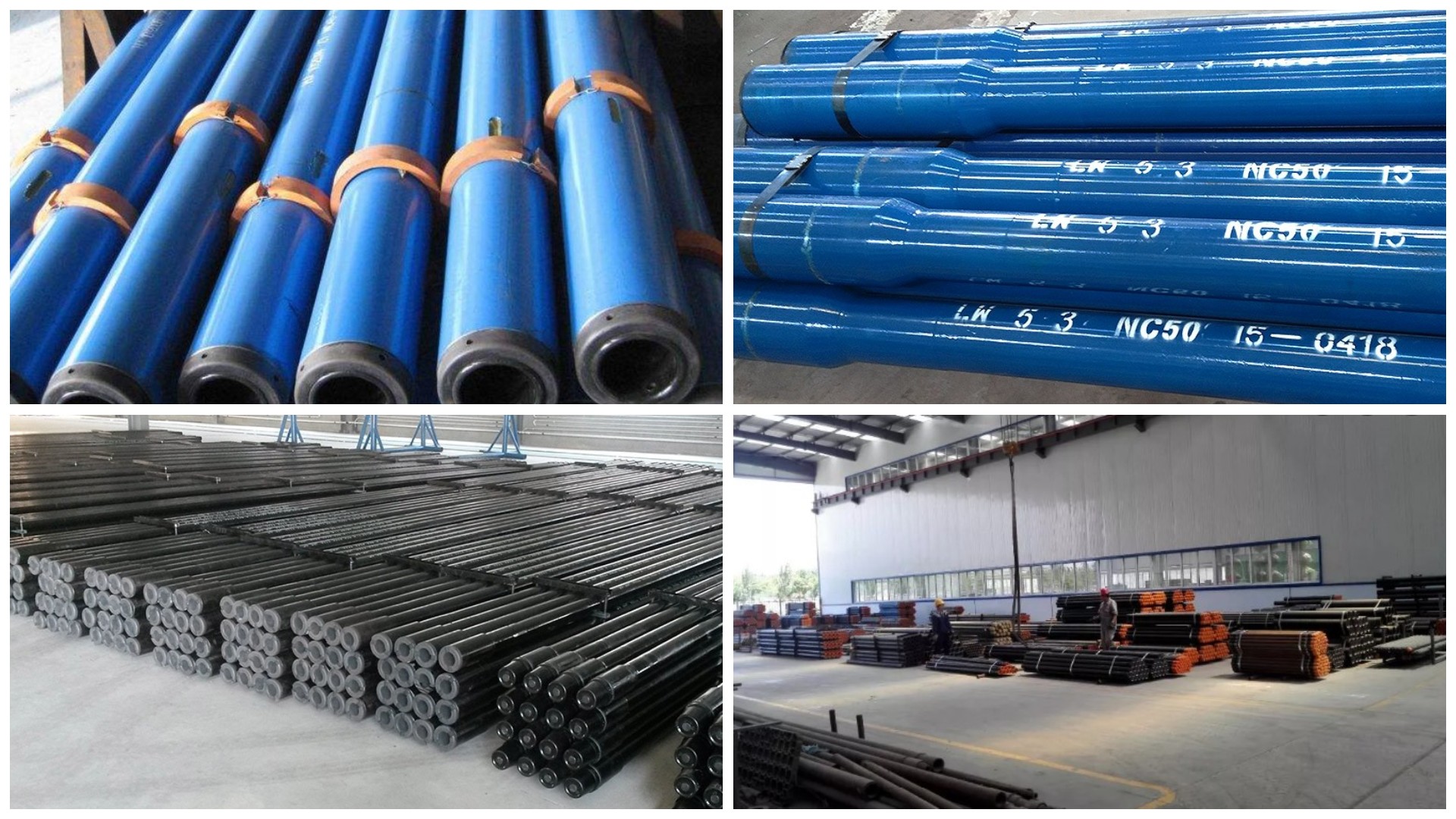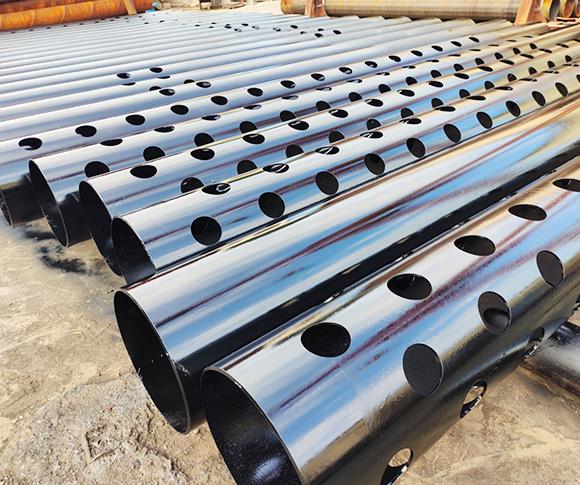API 5CT V150 Casing Pipe
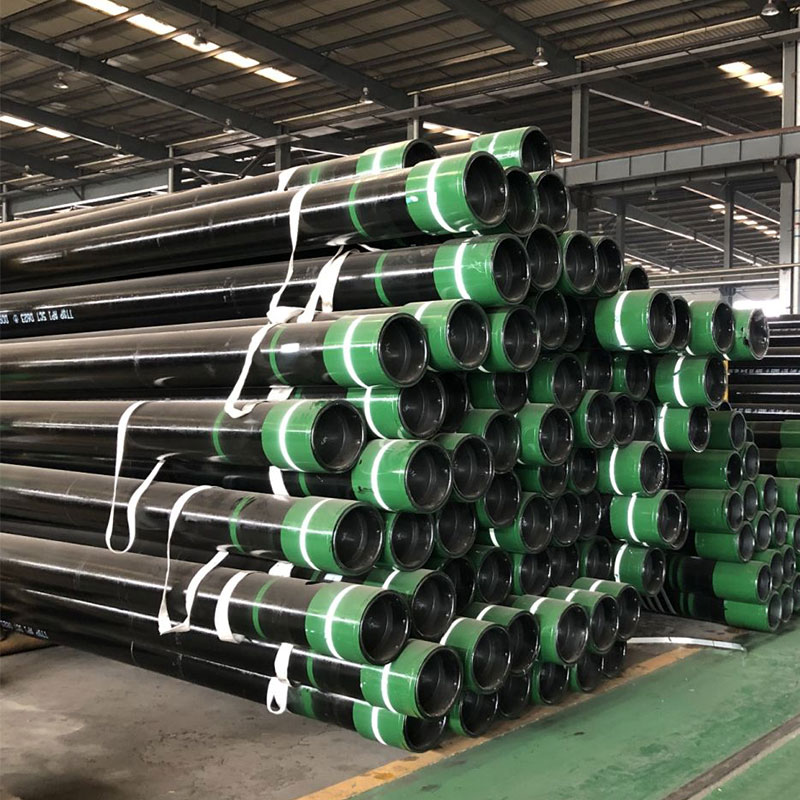
API 5CT V150 Casing Pipe
Introduction
API 5CT is a specification developed by the American Petroleum Institute (API) for casing and tubing materials used in the oil and gas industry. It includes various grades designed to meet different operational and environmental challenges. One of the highest strength grades specified under API 5CT is V150, which is typically used in the most extreme environments such as ultra-deep wells and high-pressure, high-temperature (HPHT) conditions.
Key Features and Grades
API 5CT V150 is designed for use in the harshest environments where maximum strength and durability are required. V150 casing and tubing are suitable for operations involving the highest internal pressures and temperatures.
Chemical Composition
The chemical composition of API 5CT V150 ensures the highest strength and toughness while maintaining good weldability and resistance to environmental cracking.
- Carbon (C): 0.28 – 0.35%
- Manganese (Mn): 0.90 – 1.30%
- Phosphorus (P): ≤ 0.020%
- Sulfur (S): ≤ 0.010%
- Silicon (Si): 0.20 – 0.35%
- Chromium (Cr): 0.80 – 1.10%
- Molybdenum (Mo): 0.25 – 0.35%
Mechanical Properties
API 5CT V150 casing and tubing provide the highest strength and toughness, making them suitable for the most extreme high-pressure and high-temperature environments.
- Tensile Strength: 965 – 1,140 MPa (140,000 – 165,000 psi)
- Yield Strength: 965 MPa (140,000 psi) minimum
- Elongation: ≥ 10%
Manufacturing Process
Seamless and Welded Tubing
API 5CT V150 casing and tubing can be manufactured using either seamless or welded processes, each offering specific advantages depending on the application.
Seamless Process
- Billet Preparation: A solid steel billet is heated and pierced to create a hollow shell.
- Hot Rolling: The hollow shell is rolled to reduce its diameter and wall thickness.
- Cold Drawing (Optional): The tube is cold drawn to achieve precise dimensions and surface finish.
- Heat Treatment: The tube undergoes heat treatment to achieve the required mechanical properties.
- Straightening and Cutting: The tube is straightened and cut to the desired length.
Welded Process
- Strip Preparation: Steel strips are slit to the required width.
- Forming: The strips are formed into a cylindrical shape.
- Welding: The edges of the formed strip are welded together.
- Heat Treatment: The welded tube undergoes heat treatment to achieve the required mechanical properties.
- Sizing and Cutting: The tube is sized and cut to the required length.
Heat Treatment
Heat treatment is crucial to achieve the desired mechanical properties. For V150 grade, the typical heat treatments include:
- Quenching and Tempering: Heating the tube to a high temperature, then rapidly cooling (quenching) and reheating to a lower temperature (tempering) to achieve the desired strength and toughness.
Testing Requirements
API 5CT specifies rigorous testing requirements to ensure the quality and performance of V150 casing and tubing:
- Tensile Test: Measures tensile strength, yield strength, and elongation.
- Hardness Test: Ensures the material meets specified hardness levels.
- Impact Test: Assesses the material’s toughness at various temperatures.
- Hydrostatic Test: Ensures the tube can withstand internal pressure without leaking.
- Non-Destructive Testing: Includes ultrasonic, magnetic particle, and radiographic testing to detect any defects.
- Sour Service Testing: Ensures resistance to sulfide stress cracking (SSC) for use in sour environments.
Applications
API 5CT V150 casing and tubing are used in various ultra-deep and high-pressure environments, including:
- Ultra-Deep Oil and Gas Wells: Casing to protect the wellbore and tubing to transport hydrocarbons in ultra-deep wells.
- High-Pressure, High-Temperature (HPHT) Reservoirs: Environments with extremely high subsurface pressures and temperatures.
- Geothermal Wells: Tubing for high-temperature and high-pressure geothermal applications.
- Offshore Drilling: High-strength casing and tubing for deep-water drilling operations.
Advantages and Limitations
Advantages
- Maximum Strength: Suitable for the most extreme high-pressure and high-temperature environments.
- Durability: High toughness ensures durability in the harshest conditions.
- Versatility: Available in both seamless and welded forms.
- Reliability: High mechanical properties ensure reliability in demanding applications.
Limitations
-
- Cost: Higher cost compared to lower-grade materials due to alloying elements and heat treatment processes.
- Manufacturing Complexity: Requires precise control over chemical composition and heat treatment.
- Availability: Specific grades and sizes may have longer lead times.
Conclusion
API 5CT V150 casing and tubing are essential for the most extreme high-pressure and high-temperature applications in the oil and gas industry. Their superior mechanical properties, combined with rigorous manufacturing and testing processes, ensure they meet the demanding requirements of various environments. Understanding the detailed specifications, grades, and applications of API 5CT V150 helps engineers and designers select the right materials for their projects, ensuring safety and efficiency in challenging drilling and production operations.
By examining the chemical composition, mechanical properties, manufacturing processes, and applications, this analysis provides a comprehensive overview of API 5CT V150 casing and tubing, highlighting their significance in high-performance industrial applications.

